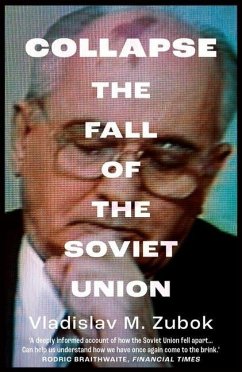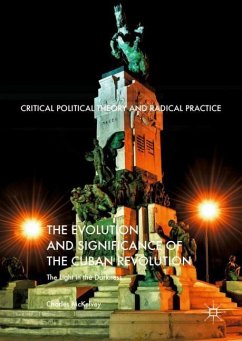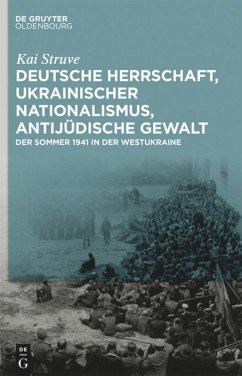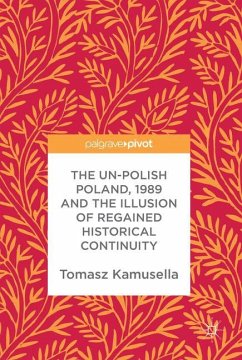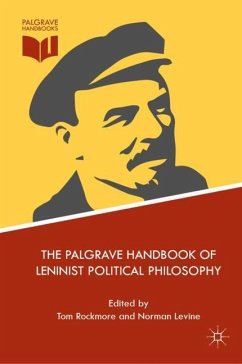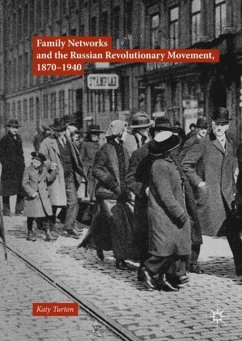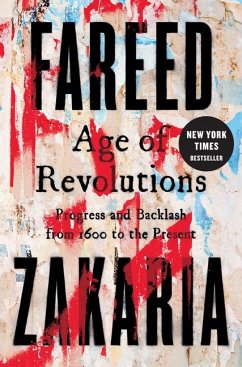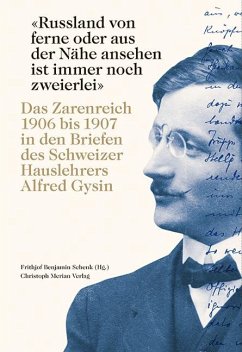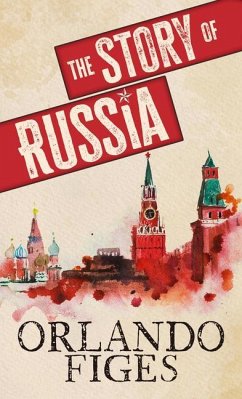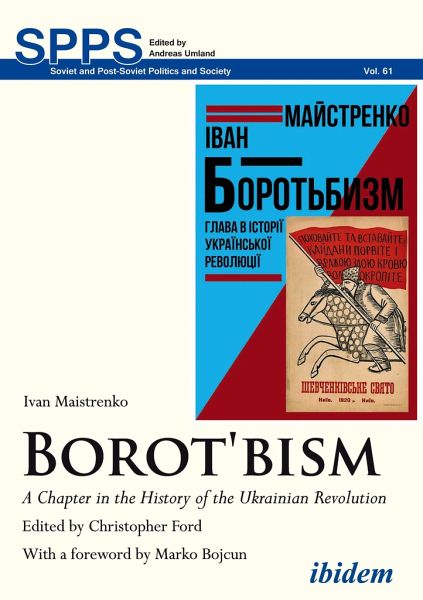
Borotbism: A Chapter in the History of the Ukrainian Revolution
Versandkostenfrei!
Versandfertig in 6-10 Tagen
39,90 €
inkl. MwSt.
Weitere Ausgaben:

PAYBACK Punkte
0 °P sammeln!
Much has been written on the 1917-1920 revolution in Ukraine, on the national movement, the Makhnovists and the Bolsheviks. Yet there were others with a mass following whose role has faded from history books. One such party was the Borotbisty, the heirs of the mass Ukrainian Party of Socialist-Revolutionaries, an independent party seeking to achieve national liberation and social emancipation. Though widely known in revolutionary Europe in their day, the Borotbisty were decimated during the Stalinist holocaust in Ukraine. Out of print for over half a century, this lost text by Ivan Maistrenko,...
Much has been written on the 1917-1920 revolution in Ukraine, on the national movement, the Makhnovists and the Bolsheviks. Yet there were others with a mass following whose role has faded from history books. One such party was the Borotbisty, the heirs of the mass Ukrainian Party of Socialist-Revolutionaries, an independent party seeking to achieve national liberation and social emancipation. Though widely known in revolutionary Europe in their day, the Borotbisty were decimated during the Stalinist holocaust in Ukraine. Out of print for over half a century, this lost text by Ivan Maistrenko, the last survivor of the Borotbisty, provides a unique account on this party and its historical role. Part memoir and part history, this is a thought-provoking book which challenges previous approaches to the revolution and shows how events in Ukraine decided the fate not only of the Russian Revolution but the upheavals in Europe at the time.




